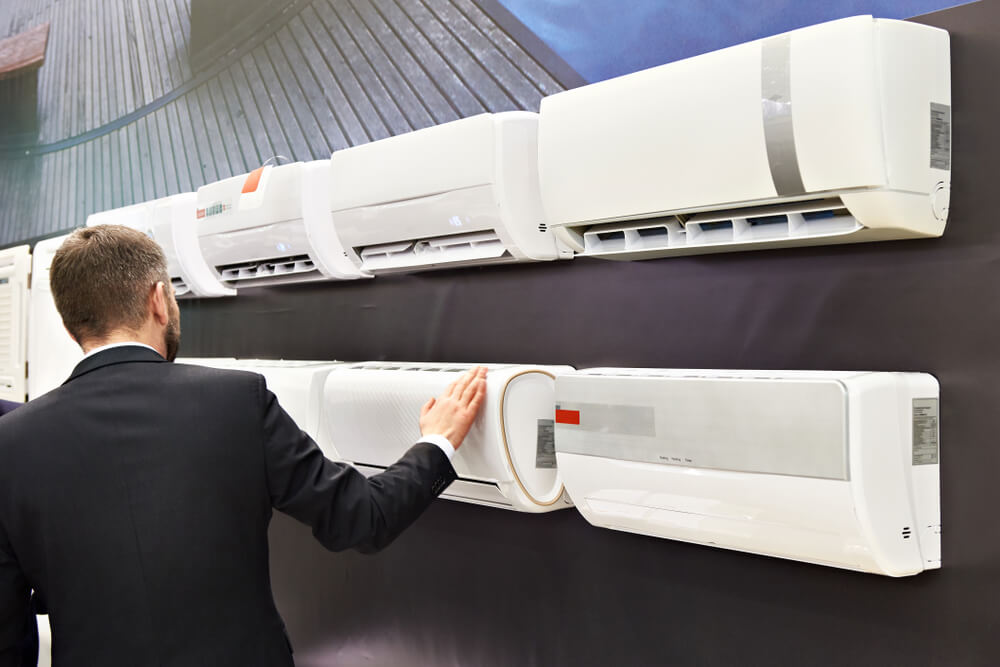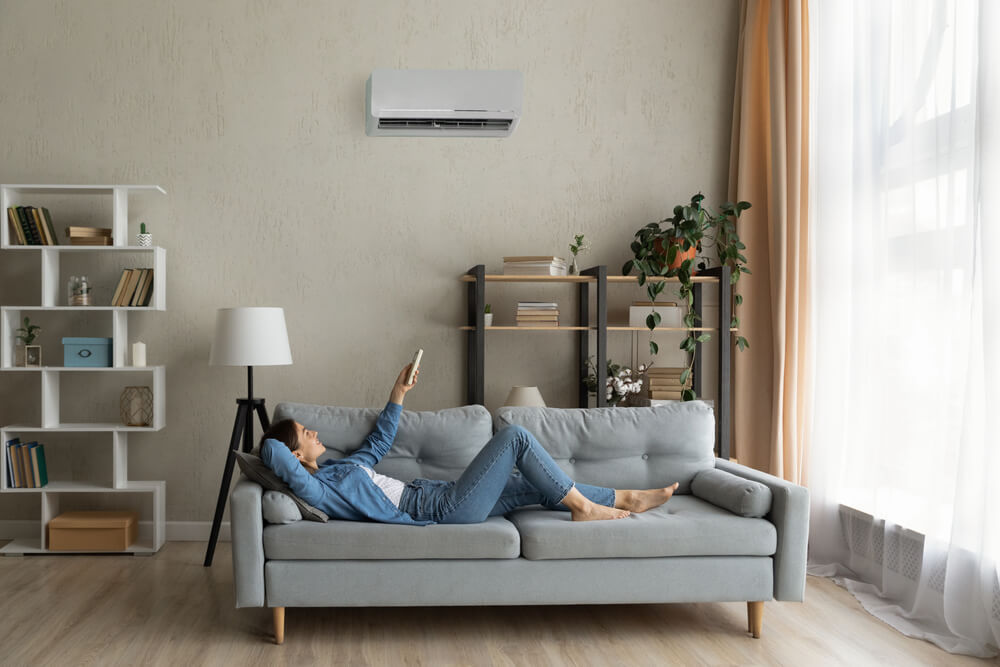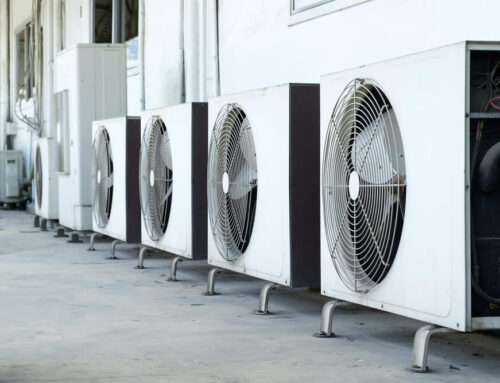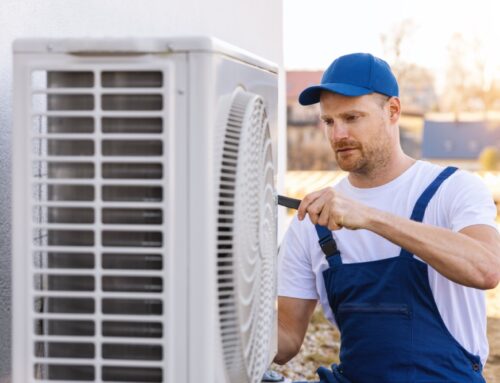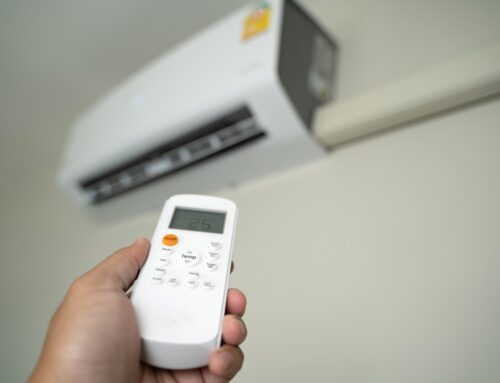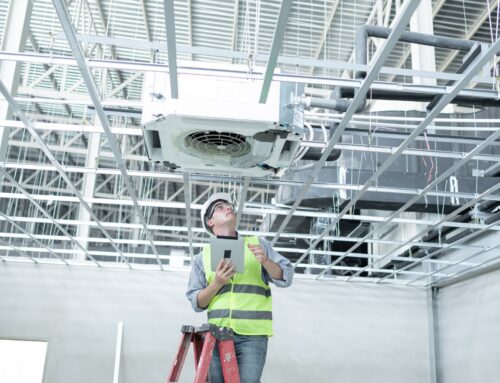Knowing how to choose an AC unit seems like a straightforward process right off the bat. However, only when you realize all the things you should consider do you start questioning yourself and start looking for a reliable AC buying guide.
Choosing the right AC system can make or break the entire purchasing process, especially in Florida, where the scorching summers can literally be unbearable without reliable air conditioning.
When thinking about making an AC purchase, there are several things you need to consider, like the size of the unit, costs, warranty, and more.
As such, this guide aims to help you with discussing the things that can help you with your AC purchase. On the other hand, if you need more help, just call our air conditioner service in Miami, and we’ll be more than happy to help you find the best fit.
Understanding the AC Basics
If you’ve never actually researched how air conditioners work, they might seem a bit like rocket science or wizardry. However, the entire mechanism is rather simple buy spotify plays and resembles that of the mechanics of a refrigerator. The warm air moves across the evaporator coil in the AC. The heat energy from the air gets transferred to the refrigerant material inside the coil. The AC’s blower then pushes the air out while the heat stays in the condenser of the unit.
Finding the Right Type
Before making an AC purchase, you need to know at least a bit about the different air conditioning systems you can get. Generally, there are two types of central AC systems:
- Split Systems: These have the compressors and the condensers outside your home, and the evaporator is the only part inside. This is a great AC purchase (and the most popular) in case you have a furnace but no colling system.
- Packaged Systems: These have the compressor, condenser, and evaporator in a metal cabinet or box, usually next to houses in a concrete slab or placed on the home’s roof. These systems don’t require a separate furnace.
Naturally, there’s much more to these systems than we discuss in this air conditioner buying guide, so always consult with your AC experts to see which is the best option.
Unit Size
Read any reliable AC buying guide, and you will see that experts don’t usually agree that a bigger system would be better in any case. When you’re buying an AC for a small room, you don’t want to put in a large system that cools the room down before removing the humidity and making the room feel clammy and damp.
Also, when you buy a small system for a large room, it won’t be able to cool it down efficiently.
Again, reach out to your AC professional and find the best fit for your home. You can also look for different calculating tools that will help you determine the right size, but going with an experienced technician is always a better idea.
Unit Efficiency
When you learn how to choose an AC unit the right way, you can also save a fair amount of money on your utility bills. As a matter of fact, cooling and heating can account for around 45% of all energy costs. When you choose an efficient AC unit, you use less energy and save money in the process.
Experts measure an AC unit’s efficiency with the Seasonal Energy Efficiency Rating or SEER.
Understanding SEER Ratings
Knowing how to read these ratings is vital when making an AC purchase. This is the total cooling output ratio of the system over a season compared to the amount of energy the system requires to perform its job.
- The higher the rating, the better the efficacy of the system.
- Years ago, most AC units had SEER ratings between 6 and 10. Now, the minimum rating in the country is 14.
- There are also systems that have a SEER rating of 22.
Does a Higher Rating Mean a Better Unit?
In terms of energy consumption, the answer is yes. However, air conditioner buying guides often forget to mention that these units can be really expensive. The up-front cost can still be regained through the money you save on energy bills, but there’s more to that.
The more you use your high-SEER model, the more energy it will use. Even then, it will be a better option compared to a low-rated model.
Experts agree that there’s no right or wrong answer to this question because every home is different.
The best option is to quickly calculate a specific unit’s user-friendliness and energy consumption and make the AC purchase accordingly.
The Impact of Your Choice
Even if the highest SEER-rating models aren’t the right fit for your home, replacing your old system with a newer unit will still reduce the impact we make on the environment. Today’s units are definitely more efficient than, let’s say, ten years ago.
The average home’s AC unit consumes over 2,000 kilowatt-hours of electric energy, which means that power plants emit around 3,5000 lbs of carbon dioxide and around 31 lbs of sulfur dioxide. With a new model, you can cut your energy usage by around 40% if you replace your ten-year-old unit with a new model.
Don’t Forget These Considerations
Here are a few more things you need to consider when looking for tips on how to choose an AC unit.
- Noise levels: All units make at least some noise while they work. If you are looking for a quieter model, look for a system that features a variable-speed blower. Fan blades that reduce noise are also an option.
- Warranty: The length of the warranty is also crucial and the warranty terms. You shouldn’t avoid it, so read the terms carefully and make sure that a professional will be installing your system.
- Take a closer look at your financing options: Newer systems are more efficient, so in most cases, you can get tax credits from the government if you opt for an AC replacement. You can research these credits online or ask a reliable AC technician about them.
Buying a New Unit Shouldn’t be Confusing
While we can do without an AC system on some summer days, it’s an absolute must in order to get by. There comes a time when your old systems need to be replaced, and when that happens, don’t rush in.
When looking for a replacement, don’t forget these factors:
- Look for the right fit. Aim for the best system that’s the right type and size for your home. If you’re unsure, get help from a professional with the load calculations.
- Don’t forget about SEER ratings. Higher-ratted models may cost more but will enable you to save more on energy bills.
- Choose a model with a good warranty deal.
- Hire a reliable AC technician to perform the installment.
Needless to say, our company can help you with every tip we’ve just listed above. Reach out to us, and we will help you get the right AC system for your home that will enable you to save money, stay cool during the hottest days, and reduce your impact on the environment.


